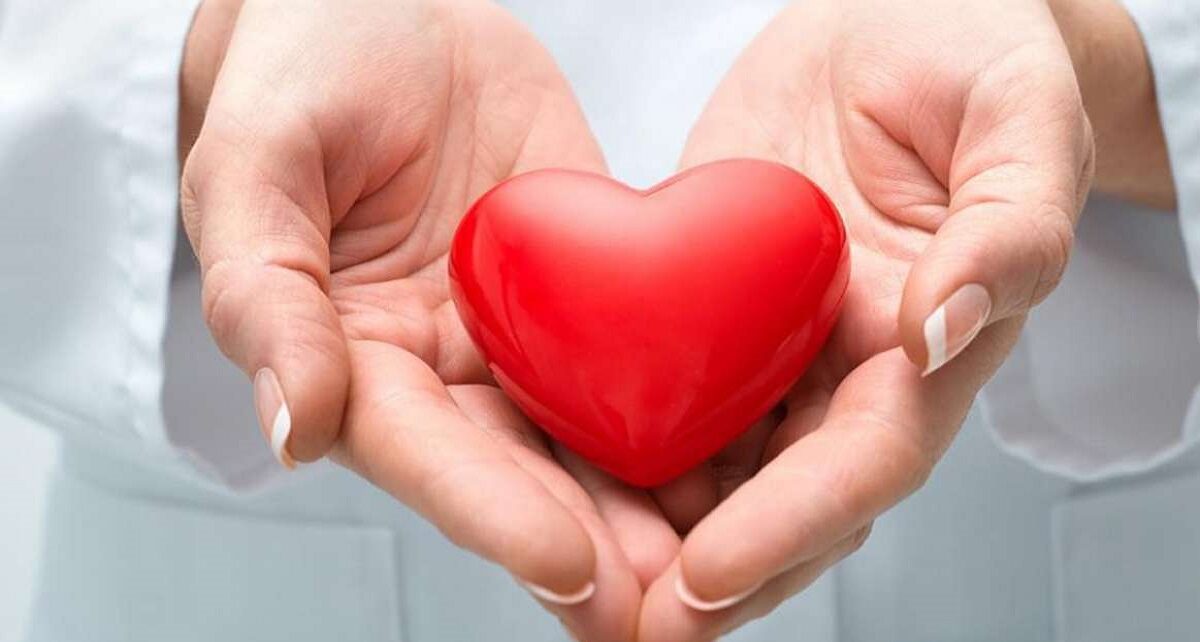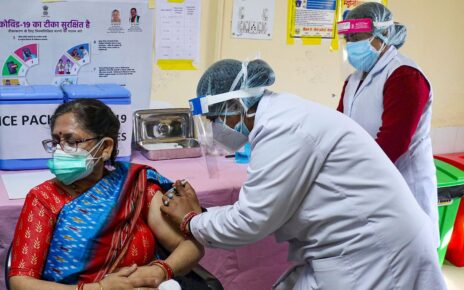World Heart Day is annually observed on September 29 and is intended to increase public awareness of heart diseases, including their prevention and their global impact. In 1999, the World Heart Federation (WHF), in conjunction with the World Health Organization (WHO), announced the establishment of World Heart Day.
During these unprecedented times, people with heart disease need to be extra attentive as they have a greater risk of developing Covid-19.
Though Covid affects the respiratory system (mainly the lungs), but it could also affect the heart, especially a diseased heart that has already been struggling to get the oxygenated blood throughout the body. Hence, heart patients need to take additional precautions in order to cut down their risk.
Heart patients considered to be at a higher risk of developing COVID-19 are those who have:
- History of heart attack or stroke
- Chronic heart failure
- Heart valve disease
- Conditions that affect heart rhythms, including atrial fibrillation
- Peripheral artery disease
- Narrowed blood vessels due to plaque build-up
The basis of contracting the infection is the same for all individuals. But once the virus enters the body it causes direct damage to the lungs and triggers an inflammatory response which places stress on the cardiovascular system in two ways. Firstly, by infecting the lungs the blood oxygen levels drop and secondly, the inflammatory effects of the virus itself cause the blood pressure to drop as well. In such cases, the heart must beat faster and harder to supply oxygen to major organs.
If you’re living with a chronic heart condition, follow these simple steps:
1. Keep up your new normal- Continue what you’re doing, which is staying at home when possible, practice physical distancing and seek medical attention if needed.
2. Communicate with your doctor
Various cardiologists are offering video and phone calls to their patients these days. Communication with your doctor should be at the top of your list. Don’t be shy about these televisits as they really help. The doctor will make sure you’re meeting your health goals and taking your medicines.
3. Continue taking your medications
With confusing news about common blood pressure medications and their connection to Covid-19 risk, don’t get tempted to stop taking them. Stopping meds without having a discussion with your doctor is a mistake.
4. Cultivate and keep up healthy lifestyle habits
Don’t forget the basics and stay healthy by eating healthy, exercising, getting ample amount of rest and monitoring blood pressure if you have hypertension.
5. Know when to seek emergency care
Get to know the signs of a Covid-19 infection and watch out for:
- Dry cough
- Fever or chills
- Shortness of breath or trouble breathing
- Muscle pain
- New loss of taste or smell
- Gastrointestinal symptoms like nausea, vomiting, or diarrhea
Also watch out for heart and stroke symptoms:
- Chest pain or pressure, especially during physical activity
- Facial drooping on one side of the face
- Arm weakness or numbness on one side of the body
- Speech changes, including slurred or garbled speech
- Loss of vision
- Severe headache
- Shortness of breath or difficulty breathing at night associated with:
- Leg swelling
- Dizziness
- Fainting
- Passing out
Read about the different types of Covid here:




